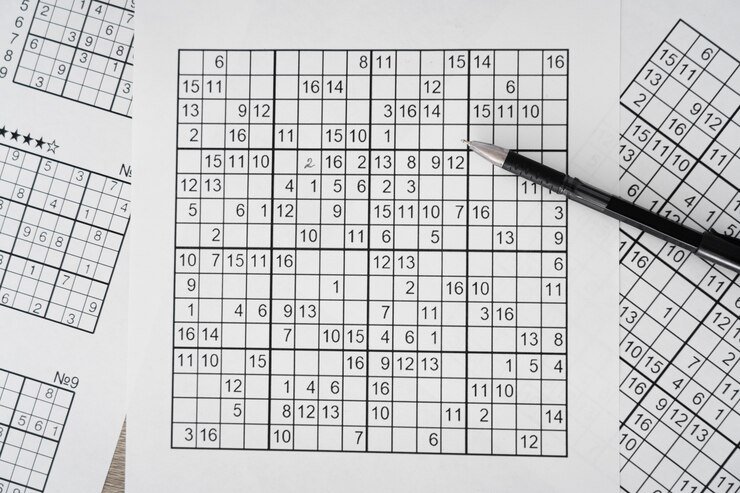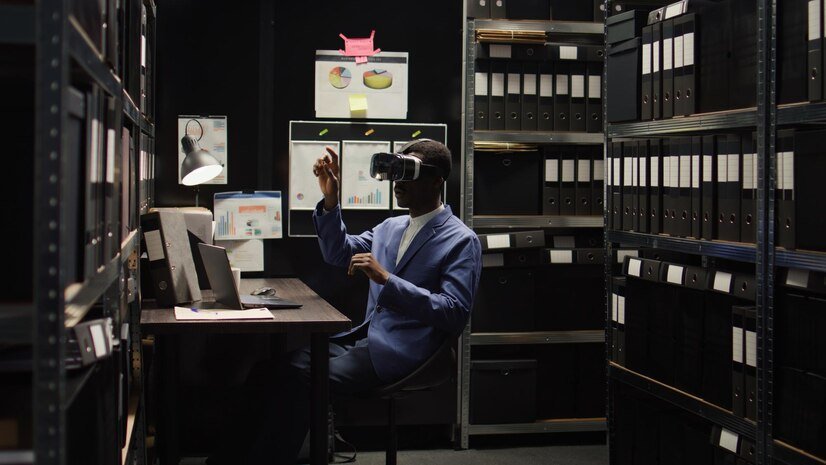Crossword puzzles have long been a beloved pastime for many, offering a unique blend of challenge and entertainment. The New York Times crossword, in particular, is known for its clever and sometimes cryptic clues that keep solvers on their toes. One such clue that has caught the attention of many is “Becomes Bubbly as Beer.” This clue, with its intriguing wording, invites solvers into a world where language and wit collide. Let’s dive into the depths of this clue, explore its meaning, and offer tips on how to master similar puzzles.
Understanding the Crossword Clue
The clue “Becomes Bubbly as Beer” immediately evokes imagery of a frothy, effervescent drink. However, in the world of crosswords, what may seem straightforward often has layers of meaning. The phrase “becomes bubbly” suggests a transformation, while “as beer” points to a specific, familiar example. But how do these concepts come together in a single word or phrase?
In crossword puzzles, clues often rely on synonyms, puns, or wordplay. The answer to “Becomes Bubbly as Beer” is likely a verb that describes the action of becoming bubbly or frothy, akin to what happens when beer is poured into a glass. The challenge is finding a word that encapsulates this transformation while fitting the crossword’s grid.
Possible Answers and Their Meanings
The answer to this clue is likely a verb related to the process of carbonating or becoming fizzy. Some possible solutions include:
- Fizzes: This word directly describes the action of a liquid releasing bubbles, which is a perfect match for the clue. When beer “fizzes,” it becomes bubbly, creating the foam that beer enthusiasts recognize.
- Foams: Another strong contender, “foams,” captures the idea of beer forming a frothy layer on top as it is poured, which is a quintessential aspect of becoming bubbly.
- Effervesces: A more sophisticated term, “effervesces,” describes the process of a liquid emitting gas bubbles, synonymous with becoming fizzy. While less common in everyday language, this word is a precise fit for the clue.
These answers share a common theme: the transformation of a liquid into a bubbly or frothy state, mirroring the experience of enjoying a glass of beer.
How to Approach Similar Crossword Clues
Crossword clues like “Becomes Bubbly as Beer” require a blend of lateral thinking and vocabulary knowledge. Here are some strategies to tackle such clues:
- Look for Synonyms: Often, the clue will hint at a common word with a similar meaning. In this case, “becomes bubbly” could lead you to think of words like “fizz” or “foam.”
- Consider the Context: The reference to beer narrows down the possibilities, as the answer is likely related to carbonation or froth. Context clues are vital in zeroing in on the correct word.
- Think About Word Length: Crossword grids limit the possible answers based on the number of squares. If you know the length of the word required, you can eliminate some options and focus on those that fit.
- Practice Wordplay: Crossword puzzles often use puns or wordplay. Becoming familiar with common crossword tricks can help you decode even the most cryptic clues.
The Joy of Solving Crosswords
The appeal of crossword puzzles lies in their ability to challenge your mind and expand your vocabulary. Each clue is a mini-mystery, waiting to be unraveled with patience and creativity. The New York Times crossword, with its rich history and reputation, offers a particularly satisfying experience for solvers. “Becomes Bubbly as Beer” is just one example of how the puzzle blends language and culture into a single, rewarding answer.
Why Crossword Puzzles Are More Than Just a Game
Crossword puzzles are not just a pastime; they are a form of mental exercise that keeps the brain sharp. Regularly solving crosswords can improve cognitive functions, enhance problem-solving skills, and even delay the onset of memory-related conditions. The mental gymnastics involved in deciphering clues like “Becomes Bubbly as Beer” stimulate different areas of the brain, promoting mental agility and creativity.
Moreover, crosswords offer a sense of accomplishment. Completing a challenging puzzle or finally cracking a tough clue brings a rush of satisfaction that few other activities can match. For many, this sense of achievement is a key part of the crossword-solving experience.
Exploring the Culture of Crossword Puzzles
The New York Times crossword has a rich cultural significance. Since its debut in 1942, it has grown into a daily ritual for countless enthusiasts around the world. Its clues often reflect current events, popular culture, and linguistic trends, making it a living document of its time.
The clue “Becomes Bubbly as Beer” reflects the crossword’s ability to tap into everyday experiences—like enjoying a beer—while challenging solvers to think creatively. This blend of the familiar and the clever is a hallmark of what makes the New York Times crossword so beloved.
The Evolution of Crossword Clues
Crossword clues have evolved over time, becoming more complex and nuanced. Early puzzles featured straightforward definitions, but modern crosswords, especially those in the New York Times, often involve wordplay, puns, and cultural references. Clues like “Becomes Bubbly as Beer” demonstrate this shift, requiring solvers to draw on a broader range of knowledge and linguistic skills.
This evolution has kept crosswords fresh and engaging, appealing to both seasoned solvers and newcomers alike. It also highlights the puzzle’s role as a mirror of the times, reflecting changes in language, culture, and society.
Why Beer Makes an Appealing Crossword Clue
Beer, as a beverage, has a rich cultural and social history, making it a prime candidate for crossword clues. It is both familiar and evocative, conjuring images of relaxation, social gatherings, and tradition. The action of beer becoming bubbly is a common experience, yet one that can be described in various ways, lending itself well to the nuanced wordplay of crosswords.
Furthermore, beer-related clues often have a broad appeal. Whether you are a beer enthusiast or just someone who enjoys the occasional pint, the imagery and vocabulary surrounding beer are widely recognized, making such clues accessible to a wide audience.
Crossword Puzzles and Social Connection
Crossword puzzles are not just a solitary activity; they can also foster social connection. Many people enjoy solving puzzles together, whether in person or online. Discussing tricky clues, like “Becomes Bubbly as Beer,” can lead to lively debates and shared moments of triumph when the answer is finally revealed.
In this way, crossword puzzles build community. They provide a common ground for people of different backgrounds to come together and engage in a shared intellectual challenge. The New York Times crossword, with its global reach, connects solvers from all corners of the world, creating a sense of camaraderie among its fans.
The Future of Crossword Puzzles
As we look to the future, crossword puzzles are likely to continue evolving. Digital platforms have already transformed how puzzles are created, distributed, and solved. Online crossword communities allow solvers to share tips, discuss clues, and compete in real-time.
Innovations in puzzle design, such as incorporating multimedia elements or interactive features, could further enhance the crossword experience. However, the core appeal of crosswords—the thrill of solving a challenging clue like “Becomes Bubbly as Beer”—will remain unchanged. As long as there are words to play with and minds to engage, crosswords will continue to captivate and challenge us.
Final Thoughts on “Becomes Bubbly as Beer”
The clue “Becomes Bubbly as Beer” is a perfect example of what makes crossword puzzles so enjoyable. It is a blend of simplicity and complexity, requiring solvers to think critically and creatively. Whether you are a seasoned crossword veteran or a newcomer to the world of puzzles, this clue offers a glimpse into the artistry and joy of crossword solving.
So next time you encounter a tricky clue, remember to take a deep breath, think outside the box, and enjoy the process. After all, every puzzle you solve brings you one step closer to mastering the intricate and rewarding world of crosswords.
FAQs
What is the answer to the “Becomes Bubbly as Beer” NYT crossword clue?
The answer is likely “Fizzes,” “Foams,” or “Effervesces,” depending on the puzzle’s context and word length.
Why are crossword clues often cryptic?
Cryptic clues add an extra layer of challenge, requiring solvers to think creatively and make connections between words and ideas.
How can I improve my crossword-solving skills?
Practice regularly, familiarize yourself with common crossword tricks, and build your vocabulary to enhance your crossword-solving abilities.
Why is beer a common theme in crossword puzzles?
Beer is a familiar and culturally significant beverage, making it an accessible and relatable topic for a wide audience.
What makes the New York Times crossword so popular?
The NYT crossword is known for its clever, challenging clues, its reflection of current events and culture, and its long-standing reputation.
How do crossword puzzles benefit cognitive health?
Solving crosswords regularly can improve memory, enhance problem-solving skills, and keep the brain sharp, delaying cognitive decline.











